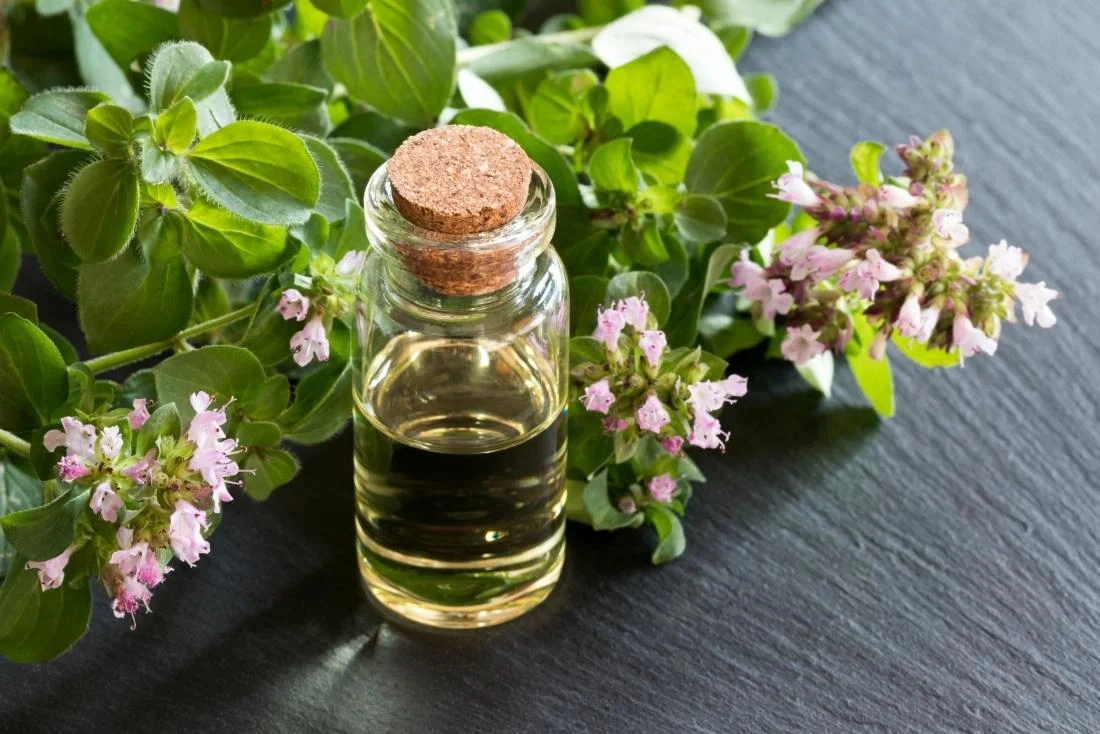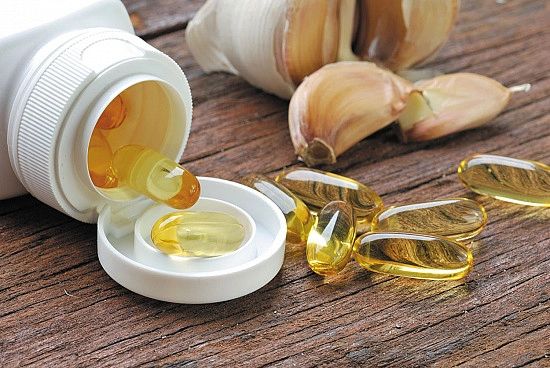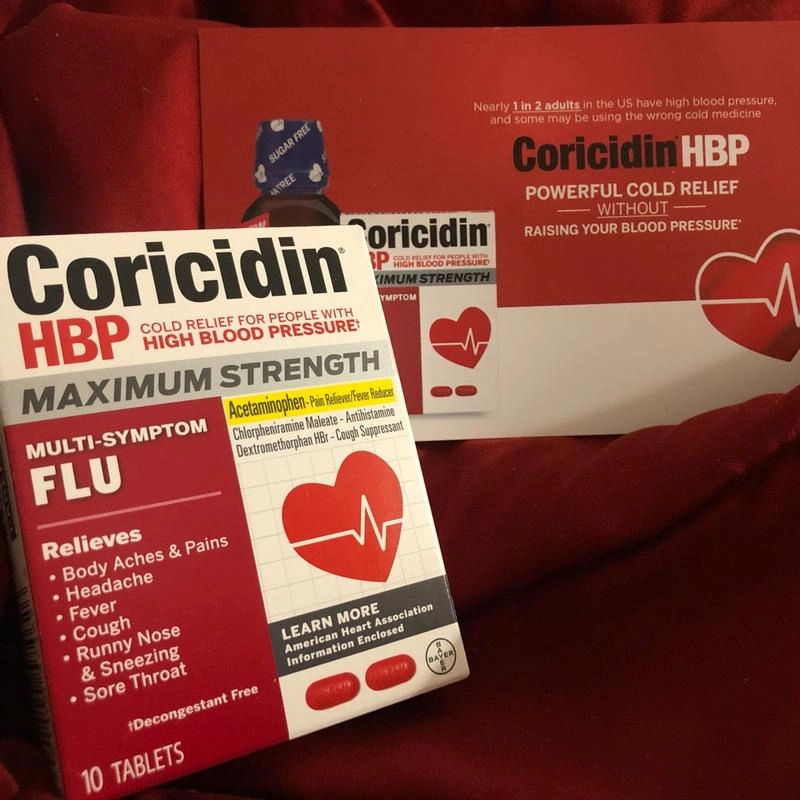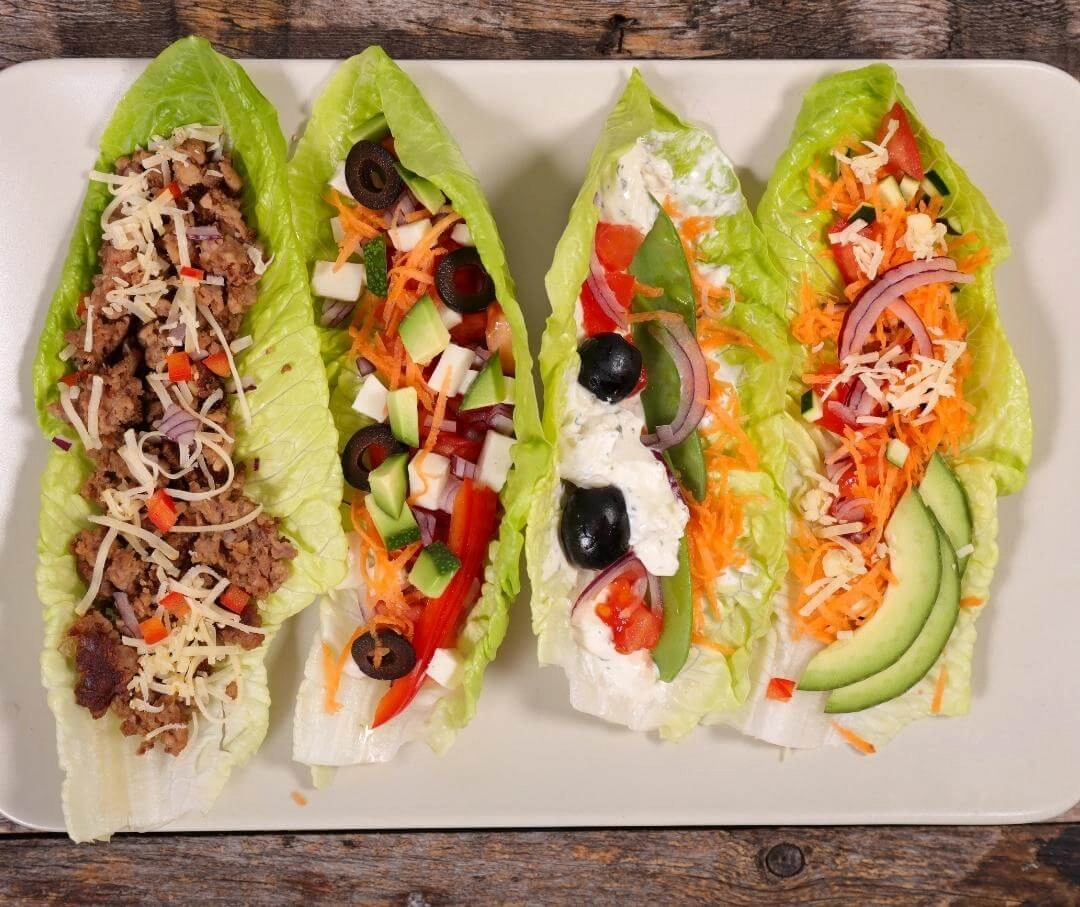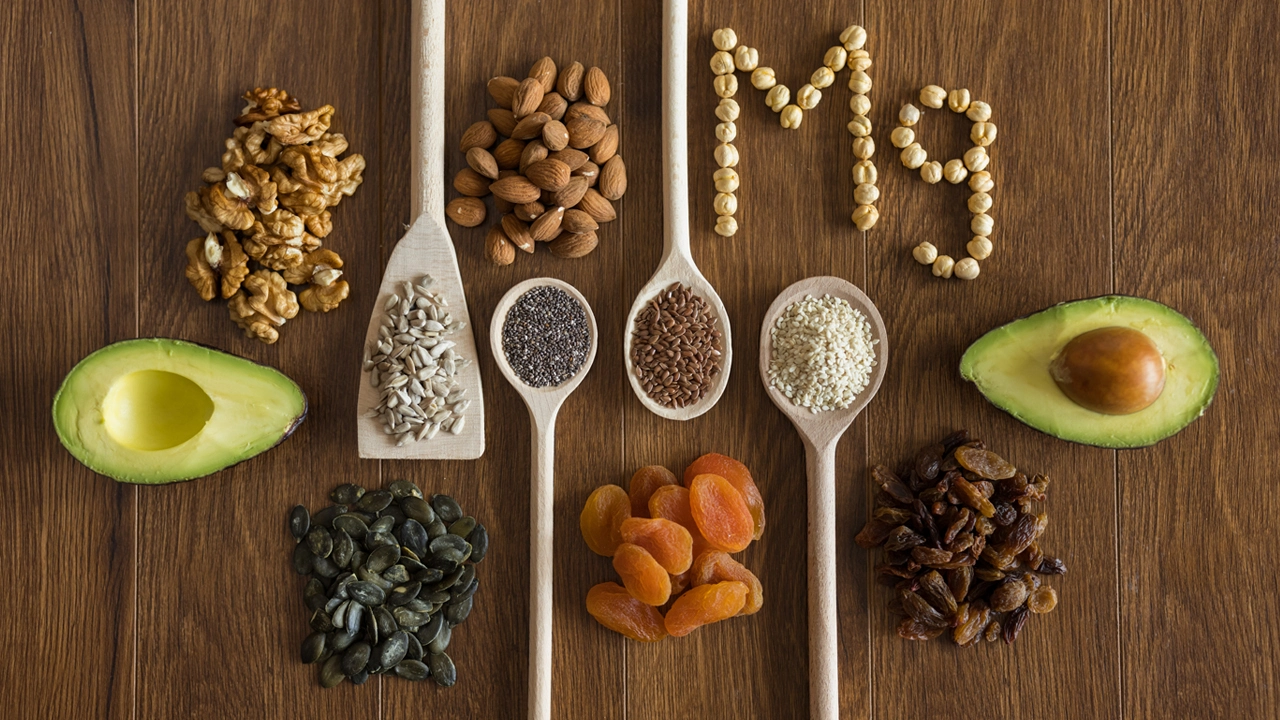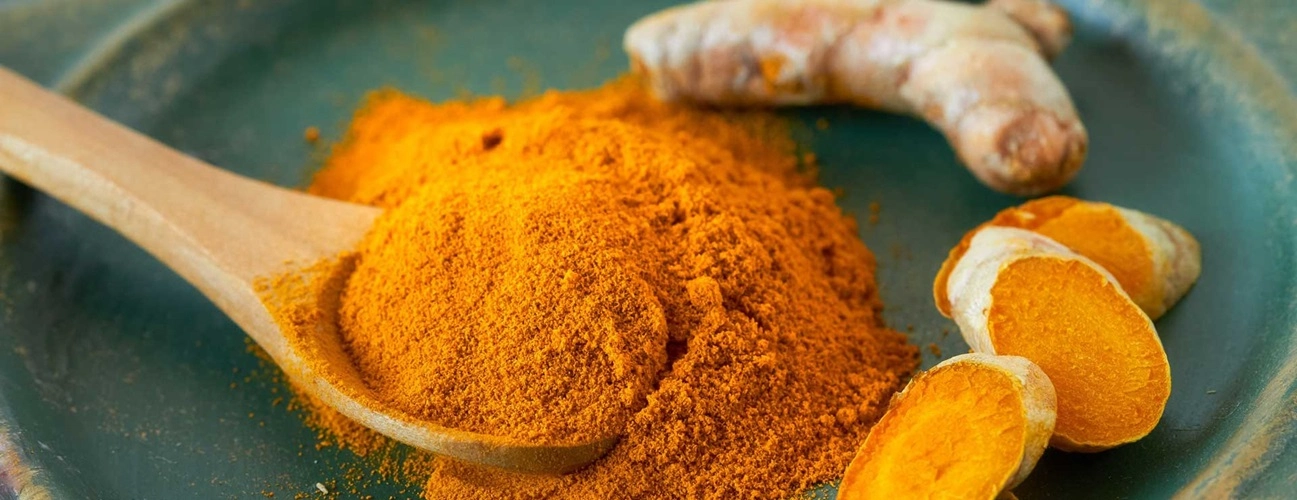Healthy Eating for Fitness: Since your body is your vehicle, when you work out, you must keep it running by consuming good foods and staying hydrated. Hence, the reason for this post.
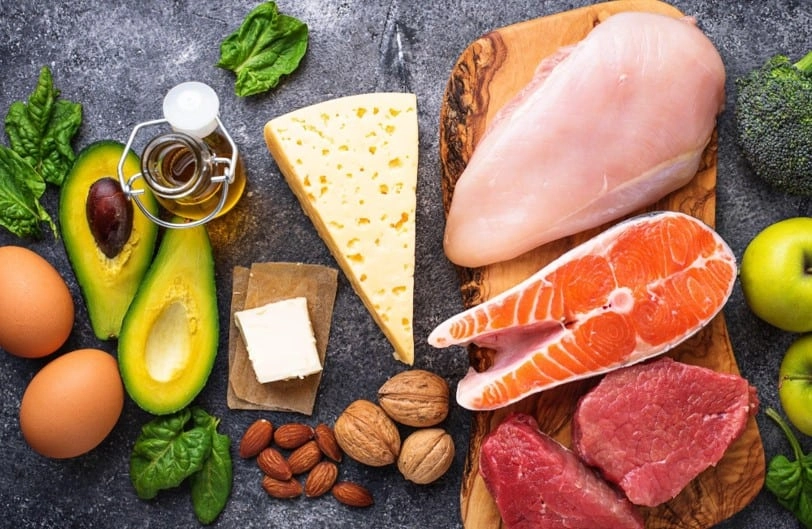
Good nutrition can enhance the performance of, and recovery from, sporting activities. You don’t have to adhere to a rigid schedule, and there are no hard-and-fast rules. But there are some things you should do before, during, and after you work out.
Healthy Eating for Fitness
Before: Fuel up!
Your ability to burn calories may be limited if you don’t fuel up before doing exercise, which is similar to operating a car on empty. Ideally, two hours before to working out, you should fuel up by:
- drinking water to stay hydrated.
- Consuming whole-grain cereals (with low-fat or fat-free milk), whole-wheat bread, low-fat or fat-free yogurt, brown rice, whole-grain pasta, and fruits and vegetables are all good sources of healthy carbs.
- Steer clear of saturated proteins and fats, even those that are good for you. These kinds of energy take longer to absorb in your stomach. In order to facilitate digestion, this removes blood that carries oxygen and energy from your muscles.
- Have a piece of fresh fruit, like an apple or banana, five to ten minutes before doing out. To avoid feeling lethargic, it’s important to consume carbs that are readily absorbed.
During: Make a Pit Stop
Small, frequent sips of water will help your body stay hydrated, regardless of whether you are a professional athlete who exercises for hours on end or you follow a low-to-moderate regimen.
When working out for an hour or less, you don’t have to eat. However, you should have 30 to 90 grams of carbs every hour, such as from low-fat yogurt, raisins, or a banana, for longer, more intense workouts.
After: Refuel your tank
After your workout, refuel with:
- Fluids: Naturally, drink water. Slices of lemon, lime, or cucumber can be added to your water to enhance its flavor. Mix 100% fruit juice, such as orange juice, into your water to add carbohydrates and hydration.
- Electrolytes: Consume foods like fruits, leafy greens, fatty salmon, low-fat dairy products, nuts, and seeds to replenish electrolytes. All of them give your body the minerals and electrolytes it needs. While electrolyte replacement can be aided by sports drinks, tablets, and powders, exercise caution.
- Carbohydrates: When you work out, you burn a lot of carbs, which are your muscles’ primary source of energy. Your muscles can use protein and carbs as fuel and aid in recovery in the 30 to 60 minutes following your workout.
- Protein: Consume lean or low-fat ground beef or pork, salmon, trout, skinless chicken breast, and other foods that are good providers of protein. Healthy protein sources for vegetarians include lentils, beans, peas, almonds, and seeds. Protein is essential for muscle growth and repair.
- Good fats: Eat foods high in unsaturated fats, such as almonds, avocado, and fatty seafood like tuna, salmon, or sardines. When cooking, use non-tropical vegetable oils like sunflower or canola oil rather than solid fats like oil, butter, or coconut butter. These beneficial fats are stored by the body, increasing the amount of energy available for endurance exercise.
Building a Healthy Diet for Fitness?

Eat Vegetables and Fruits
Choose color and diversity, and keep in mind that due to their detrimental effects on blood sugar, potatoes are not considered vegetables on the healthy eating plate.
Go for Whole Grains
Whole grains, including wheat, barley, wheat berries, Quinoa, oats, brown rice, and whole wheat pasta, have a lower impact on blood sugar and insulin levels compared to refined grains like white bread and rice.
Choose Protein Power
Nuts, beans, chicken, and fish are all nutritious, adaptable protein options that go well with veggies on a plate and can be added to salads. Steer clear of processed meats like bacon and sausage, and limit your intake of red meat.
Consume Healthy Plant Oils
Avoid partly hydrogenated oils, which contain harmful trans fats, and go for healthy vegetable oils like peanut, sunflower, maize, canola, olive, and soy. Keep in mind that low-fat does not equate to “healthy.”
Drink Water, Coffee, or Tea
Choose water instead of sugary drinks, restrict milk and dairy products to one or two servings daily, and limit juice to a small glass daily.
In conclusion, it’s critical to understand that these are only recommendations. Our digestive systems vary, and a lot depends on the type of exercise you’re performing.
Do what suits you the best. Recognize that your body’s nutritional intake is just as vital as your physical activity. Both are essential to maintaining optimal engine performance.

